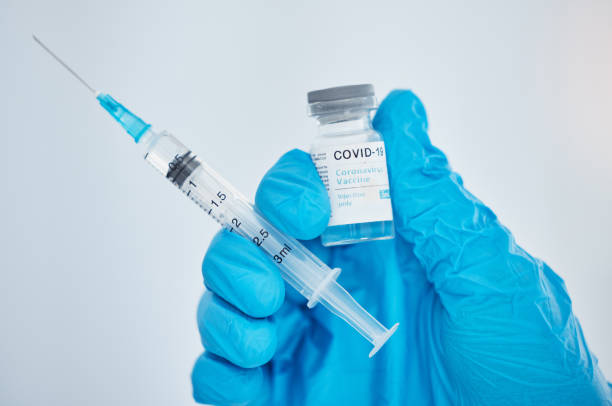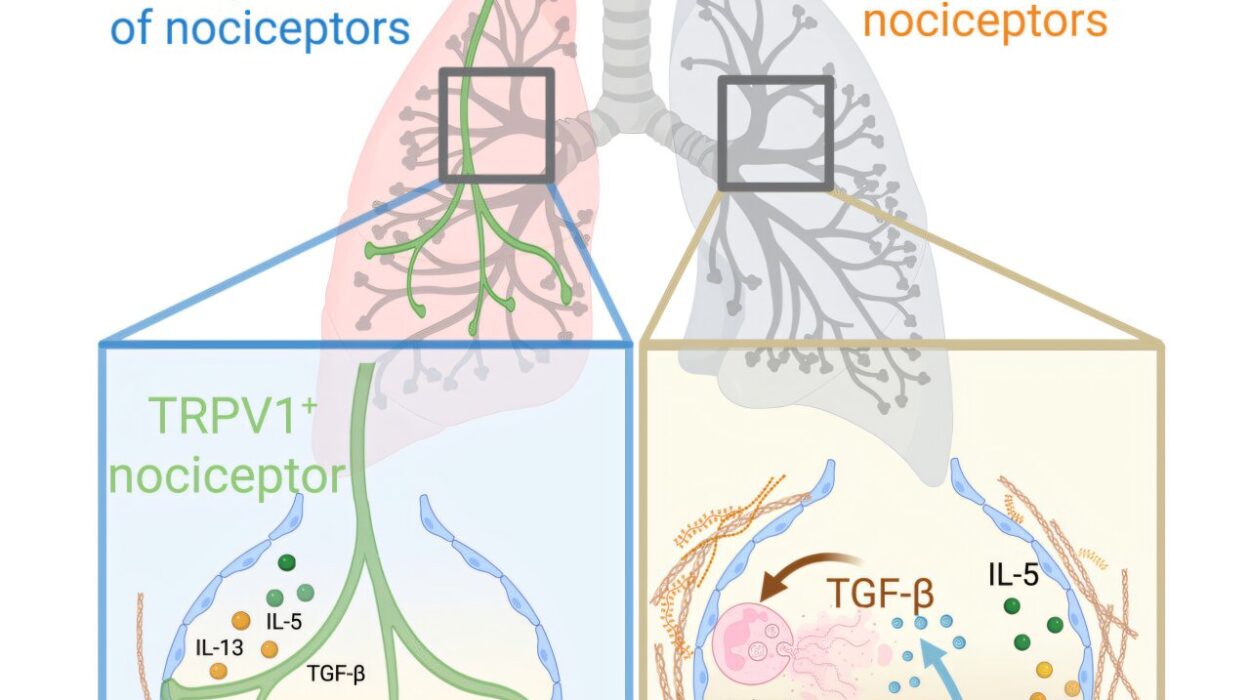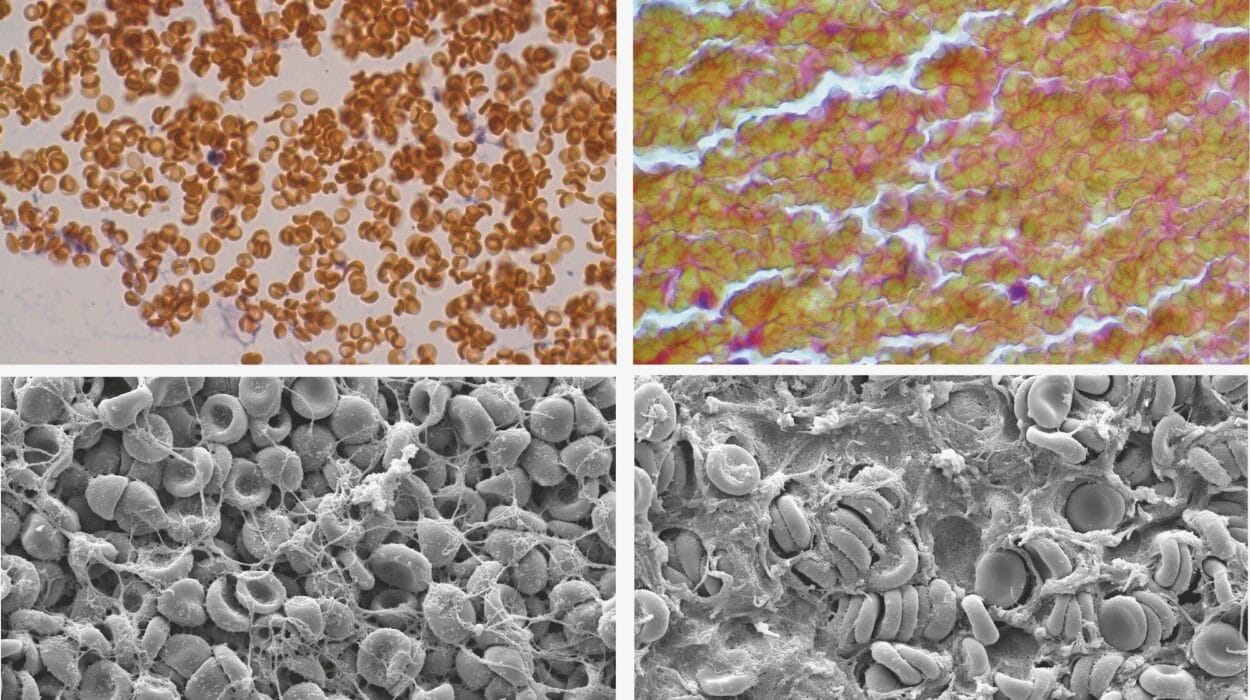Nearly five years after the world’s first encounter with COVID-19, the landscape of the pandemic looks very different — but the virus has not disappeared. SARS-CoV-2, the pathogen responsible for COVID-19, continues to evolve, generating new variants that challenge immunity and public confidence alike. As hospital wards are no longer overwhelmed and most people have developed some level of immune defense through prior infection or vaccination, a pressing question has emerged: Is getting the annual COVID-19 shot still worth it?
A groundbreaking new study from the Veterans Research and Education Foundation of St. Louis, published in The New England Journal of Medicine, delivers a clear and data-driven answer: yes, it is. The 2024–2025 COVID-19 vaccine continues to offer meaningful protection, significantly lowering the risk of emergency visits, hospitalizations, and deaths from COVID-19 among U.S. veterans.
Studying the Value of the Annual Shot
The research, titled “Association of 2024–2025 Covid-19 Vaccine with Covid-19 Outcomes in U.S. Veterans,” examined real-world data from the Department of Veterans Affairs’ extensive health records. The team conducted a large observational study tracking the outcomes of over 295,000 veterans across the United States between September 3 and December 31, 2024, with follow-up through June 29, 2025.
Of these, 164,132 veterans received both the updated COVID-19 and influenza vaccines on the same day, while 131,839 received only the flu shot. Researchers compared these two groups over six months to measure how much protection the COVID-19 vaccine provided against severe disease outcomes.
The results were striking. Despite widespread immunity in the population and the evolution of the virus into milder forms, the updated COVID-19 vaccine still made a measurable difference — one that, for many, could mean the difference between a mild illness and a life-threatening event.
Meaningful Reductions in Emergency Visits and Hospitalizations
At six months after vaccination, veterans who received the updated COVID-19 vaccine were far less likely to experience serious complications. Vaccine effectiveness against COVID-19–related emergency department visits measured 29.3%, with a risk of 44.15 events per 10,000 people in the vaccinated group compared with 62.39 in the unvaccinated.
When it came to hospitalizations, the protection was even stronger — 39.2% effectiveness, with risks at 11.55 per 10,000 in the vaccinated versus 19.06 in the non-vaccinated group. These numbers may seem small, but across millions of people, such reductions translate into thousands of avoided hospital stays, less strain on the healthcare system, and countless lives saved.
Lives Saved: The Most Powerful Measure
Perhaps the most compelling finding came from mortality data. The study found the vaccine was associated with a 64% reduction in the risk of death from COVID-19. Among those who received the updated shot, 1.25 deaths occurred per 10,000 people, compared with 3.49 deaths per 10,000 among those who did not. That translates to roughly two additional lives saved for every 10,000 vaccinated individuals — a powerful figure when scaled to the millions of Americans eligible for the vaccine.
When researchers combined emergency visits, hospitalizations, and deaths into a composite outcome, the vaccine’s overall effectiveness reached 28.3%, with an absolute reduction of 18.2 cases per 10,000 people. This consistent pattern of benefit reinforces that even in an era of partial immunity, vaccination remains a cornerstone of protection.
Protection Across Age and Health Status
Another remarkable aspect of the study was its breadth. The researchers analyzed subgroups based on age, coexisting medical conditions, and immune status. Across all these categories — whether the veterans were older adults, had chronic illnesses, or were immunocompromised — the vaccine continued to offer protection.
Effectiveness was strongest soon after vaccination, measuring 37.1% during the first 60 days, then gradually waning to 32.5% between days 61 and 120, and 21.4% by day 180. This pattern aligns with what scientists have observed in prior studies — that vaccine protection against infection and mild illness fades over time, but defense against severe disease and death endures longer.
The Challenge of Vaccine Fatigue
The study arrives at a critical moment. By late December 2024, only about 21% of U.S. adults had received the latest COVID-19 vaccine — roughly half the rate of influenza vaccination, which stood at 42%. The decline reflects growing skepticism about whether boosters still matter now that COVID-19 feels less urgent.
However, this perception may underestimate the continuing danger of the virus for vulnerable populations. Veterans, many of whom are older and live with underlying conditions, represent one of the groups most at risk. For them, the vaccine’s benefits are tangible and potentially lifesaving.
The findings also serve as a reminder that while the global emergency phase of the pandemic has ended, the virus remains a persistent public health threat. SARS-CoV-2 continues to mutate, producing variants that may evade immunity or cause seasonal surges, much like influenza.
A Science-Guided Path Forward
Public health experts and policymakers have debated whether updated COVID-19 vaccines still confer meaningful protection in a world where most people have some degree of immunity. This study provides the evidence many were waiting for — rigorous, real-world data showing that vaccination continues to matter.
Even modest reductions in risk can add up across large populations. For healthcare systems, fewer emergency visits and hospitalizations mean less strain on resources. For individuals, it means fewer severe illnesses, fewer lingering complications, and more lives preserved.
Moreover, the study underscores a crucial point often overlooked in public discussions: vaccines are not just about preventing infection — they are about preventing severe outcomes. The goal is not necessarily to avoid catching the virus altogether, but to make illness milder, shorter, and less dangerous when it does occur.
Lessons from the Veterans’ Experience
The Department of Veterans Affairs operates one of the most extensive healthcare systems in the world, providing an unparalleled dataset for understanding vaccine effectiveness in real-world conditions. Veterans, representing a diverse cross-section of the U.S. population with varying ages, races, and health backgrounds, offer valuable insights into how vaccines perform across demographics.
In this population, the vaccine’s benefits were clear across all major subgroups — a signal that the 2024–2025 formulation worked broadly and effectively. Whether in younger or older veterans, those with diabetes or heart disease, or those undergoing immunosuppressive treatment, the updated shot provided measurable protection.
The Broader Implications for 2025 and Beyond
As public health authorities plan for the 2025–2026 vaccination season, this evidence may shape future policy decisions. It reinforces the importance of maintaining vaccine accessibility, promoting public confidence, and continuing to update formulations in response to emerging variants.
While it’s natural for pandemic fatigue to set in, the study serves as a gentle reminder that progress against infectious diseases is rarely permanent — it must be maintained. The same vigilance that brought the pandemic under control must continue in more sustainable, routine ways: annual vaccinations, public education, and research investment.
Balancing Hope and Realism
The world has changed dramatically since 2020. Hospitals that once overflowed with COVID-19 patients now function normally. Vaccines, antiviral drugs, and population-level immunity have transformed what was once a terrifying disease into a manageable, mostly seasonal infection.
Yet, COVID-19 still claims lives every day — particularly among the elderly and immunocompromised. The virus may have faded from headlines, but its toll continues quietly, often preventable through simple measures like updated vaccination.
Science does not promise invincibility, but it offers resilience — a way to live safely and confidently in the face of evolving threats. The story of the 2024–2025 vaccine is one of that resilience: a testament to how far we’ve come, and a reminder of what we can still protect.
A Renewed Message of Confidence
The study’s findings breathe fresh life into the vaccination conversation, grounding it not in politics or fatigue, but in facts and compassion. The data show that vaccines continue to do what they were designed for — saving lives and preventing suffering.
For the veterans in the study — men and women who have already dedicated their lives to protecting others — the results also carry symbolic weight. Once again, they are helping to safeguard their communities, not through service on the battlefield, but through participation in science that benefits everyone.
The Continuing Story of COVID-19
The pandemic has left deep marks on humanity, reshaping how we understand health, science, and global cooperation. While the worst is behind us, the story of COVID-19 is still being written — not as a crisis, but as a lesson.
The latest findings from the Veterans Research and Education Foundation of St. Louis are part of that ongoing narrative. They show that while the virus adapts, so does science. And in that balance — between mutation and innovation, between fatigue and vigilance — lies the path to a safer, healthier world.
In the end, the message is simple: the tools that protect us still work. The pandemic may no longer define our lives, but the commitment to health and evidence must remain unshaken. The 2024–2025 vaccine, like those before it, stands as proof that progress is not the end of the story — it is how the story continues.
More information: Miao Cai et al, Association of 2024–2025 Covid-19 Vaccine with Covid-19 Outcomes in U.S. Veterans, New England Journal of Medicine (2025). DOI: 10.1056/nejmoa2510226






